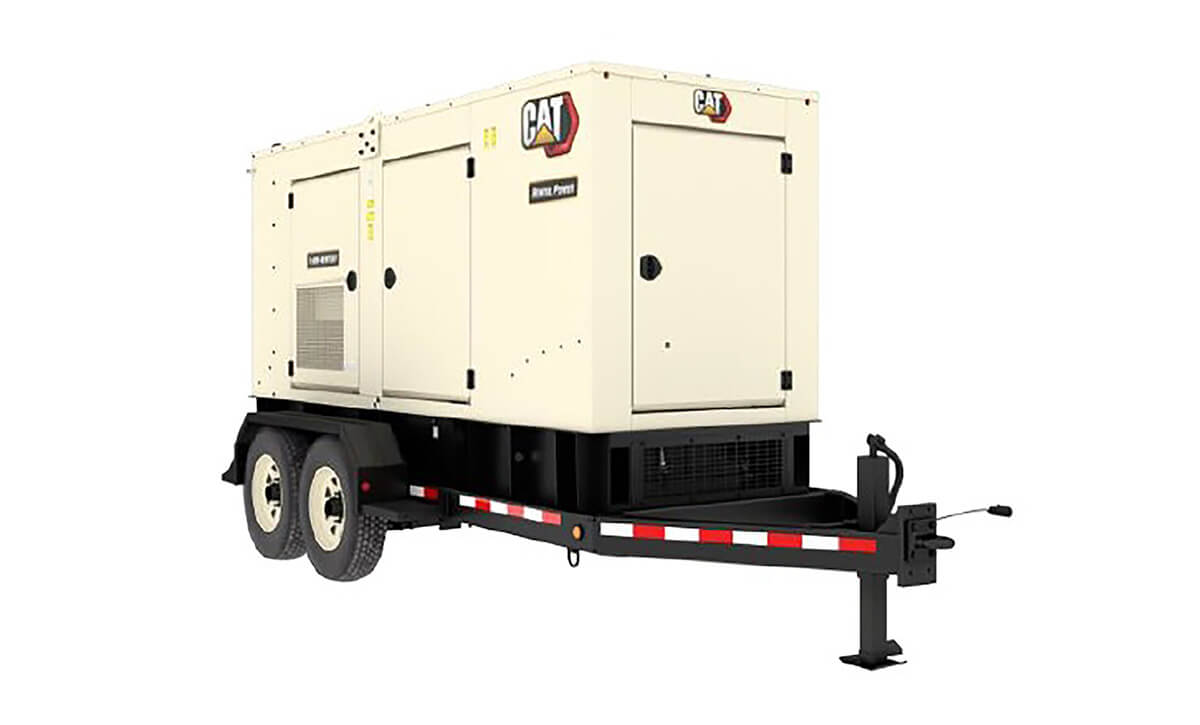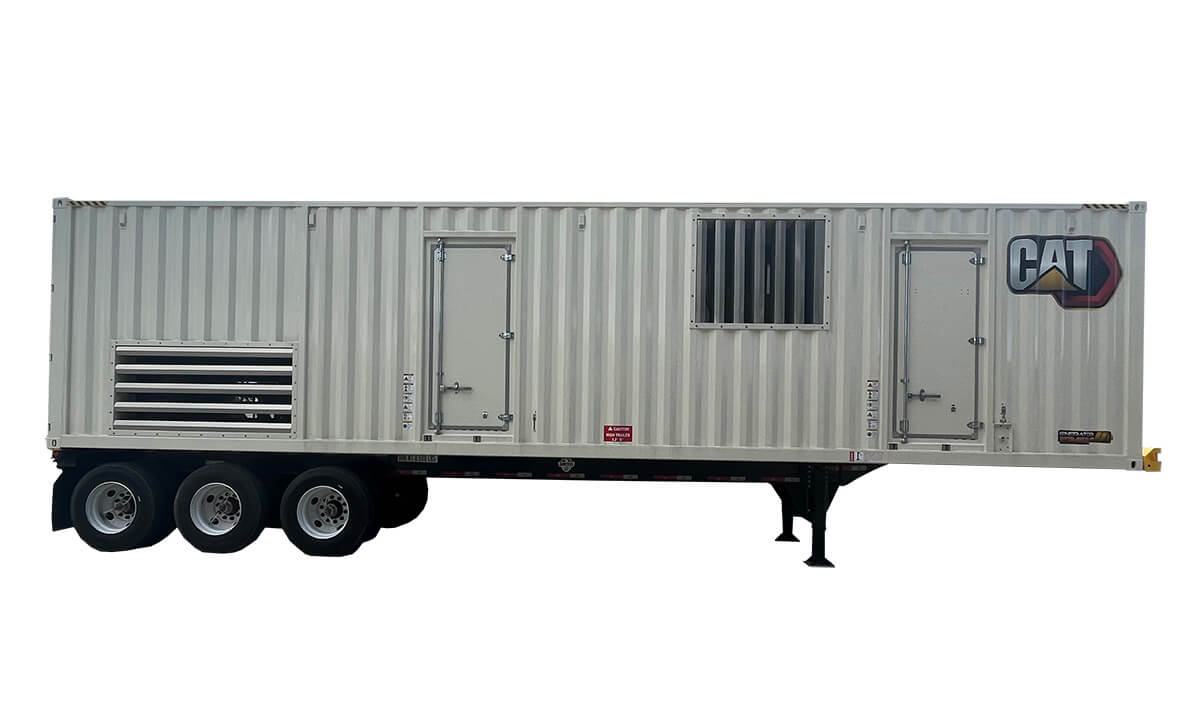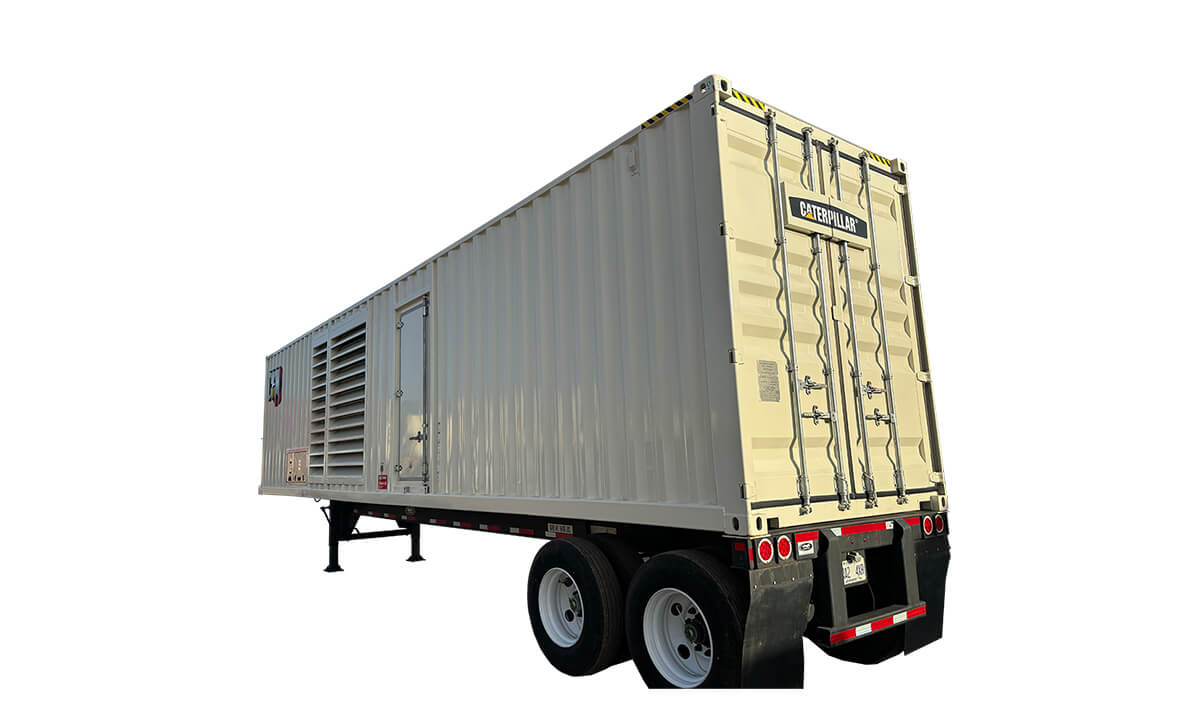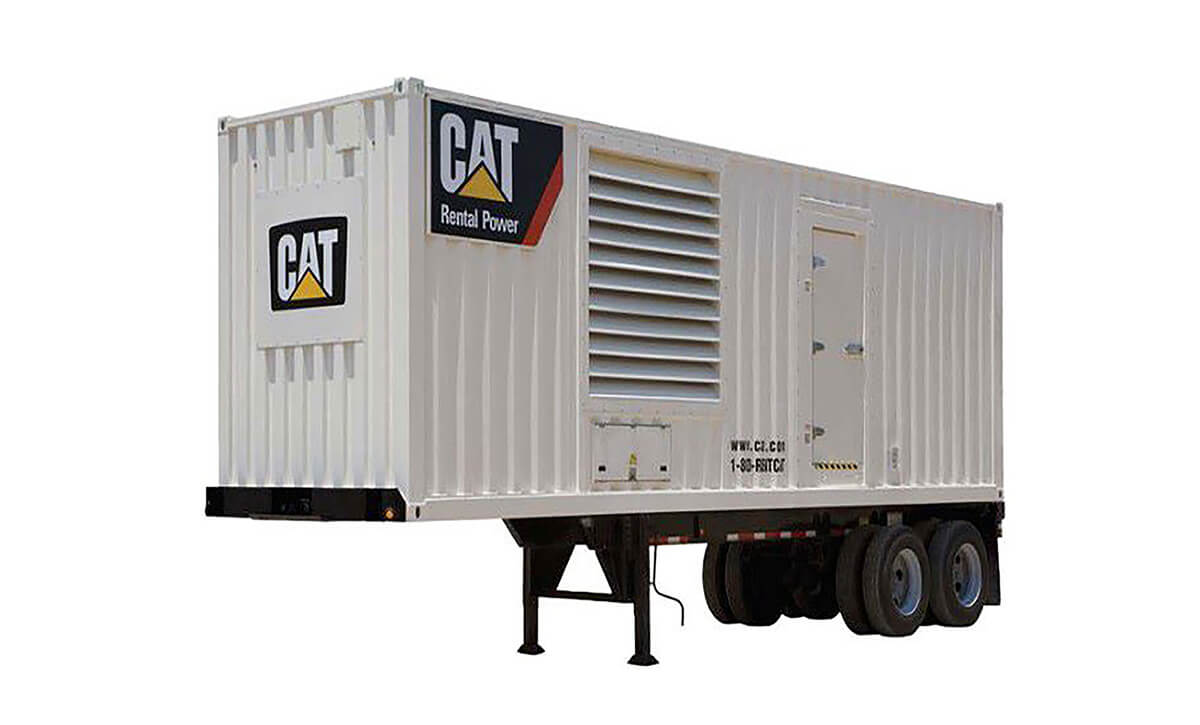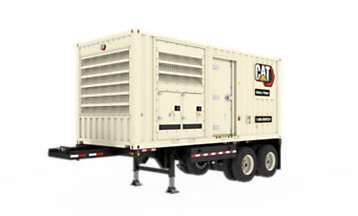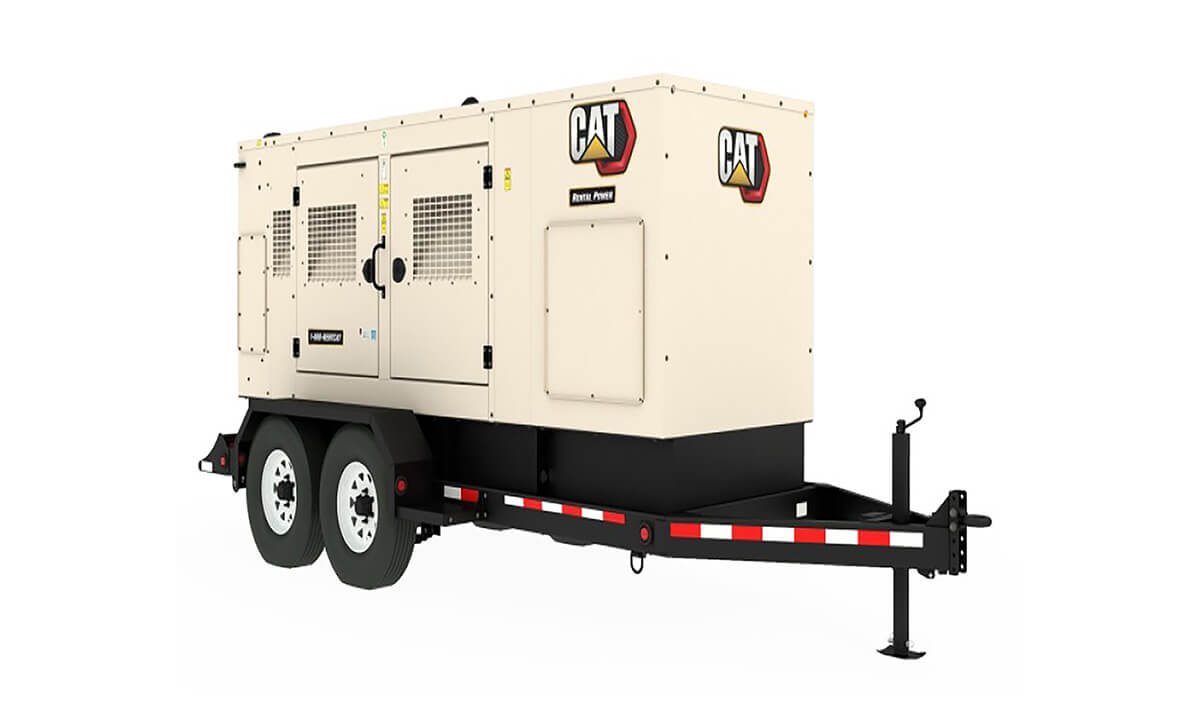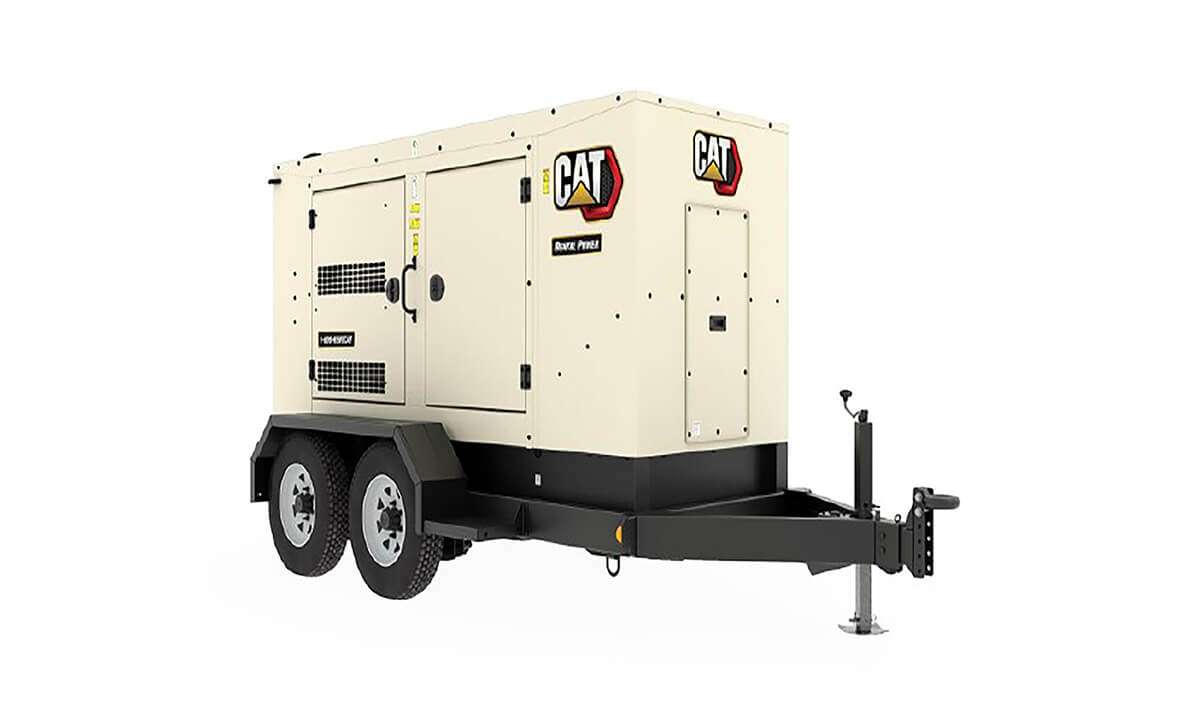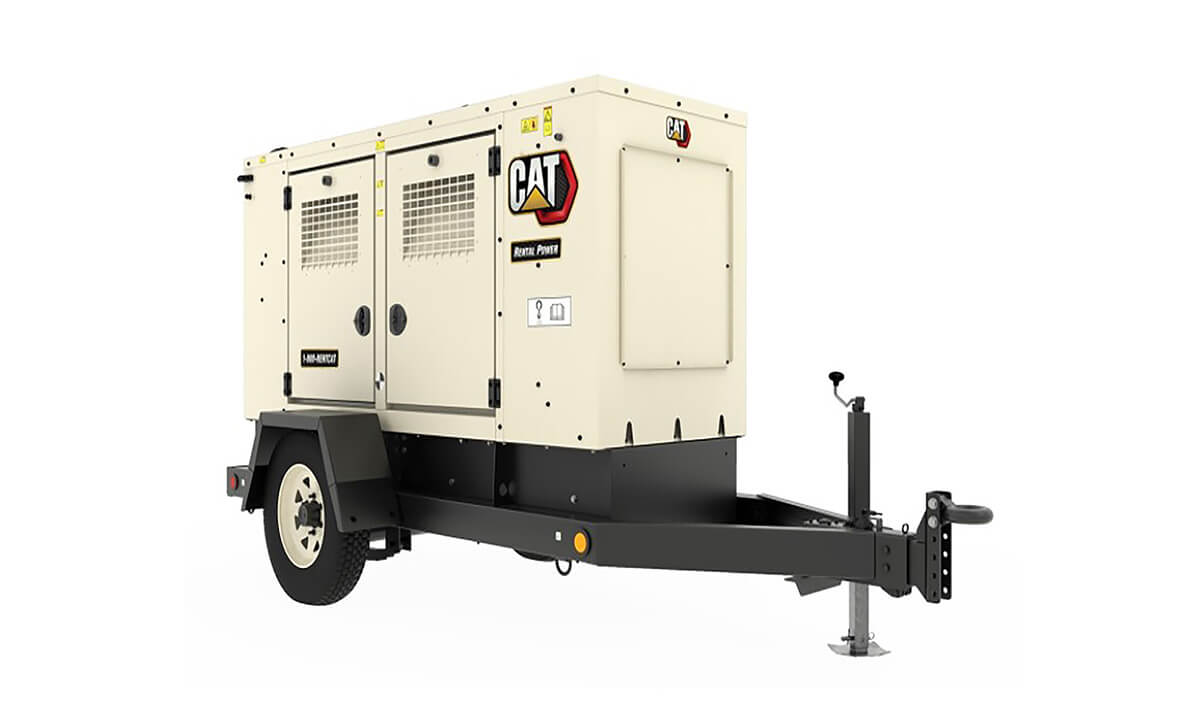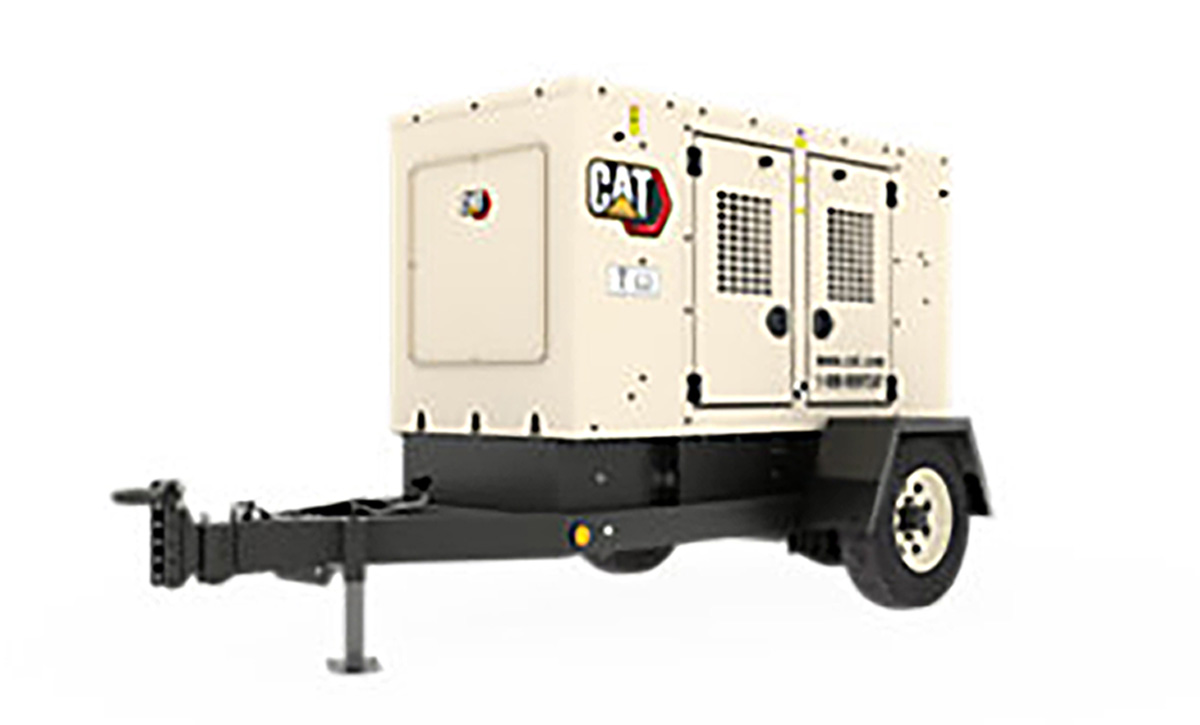We should look at marine engine health inspection in the same light as our regular medical checkups. You should be aware of how effectively your ship’s engine is running so you can minimize the chances of anything unpredictable happening. So it’s basically like taking your boat to the doctor.
Fort Myers, FL, has some of the best marine engine specialists. You can contact them to have your boat regularly inspected so you can be out to sea smoothly each time.
Why Do We Need A Health Check?
Think of it this way: When you take your boat out, you do not want it breaking down on you while you’re in the middle of the sea. You cannot prevent every unpredictable event, but if you take your boat for regular health checkups, you can minimize the chances of your boat giving up on you while you are out on the water.
Not only that, regular health checkups for your boat can also tell you when everything is a-okay. If you are experienced enough, you can perform the checkup on your own. All you have to do is check if the different pressure and other values are within the normal range. Then you can ensure if there is enough fuel, lubricant, and coolant in the boat. If everything looks good, you’re good to go!
Is It The Same As Engine Maintenance?
A health check for your engine is not the same as routine maintenance. Health checks are essentially there to tell you that the engine is working fine. They will help you rely on your boat better and address any issue before it becomes a bigger deal.
Maintenance, on the other hand, requires a few procedures as well. Maintenance is not specific to every boat, though. Usually, most boats get the same type of maintenance, and sometimes the workers miss out on issues that are not part of the routine. So even though maintenance makes your boat reliable and functional as well, a few things might slip through the cracks. A checkup is ideal for catching these issues.
What Happens In A Health Check?
History of the Boat:
First of all, you have to take a detailed history of the boat. Figure out if there are any complaints, or if you are talking to a worker, you could tell them if anything about the engine seems off. Next, you should know about the previous history of the boat. You should know when the last routine maintenance was and how often it underwent maintenance. Also, figure out how active the boat is and if any engine components need to be replaced.
Inspection:
The second thing that happens in a routine health checkup is the inspection. Look at the engine under torchlight and see if anything seems off. You can identify leaks, missing and broken components, and any stains that you have never seen before.
Start the engine and listen for any sounds that seem out of place. If anything does seem off, you can talk to a worker and ask them to inspect and fix anything that could become a problem later on.
Check the temperature of the engine next. See if it gets hotter than usual. An overheated engine is usually a sign of less water. Some engines have a built-in temperature sensor. If yours doesn’t, you can use a regular infrared thermometer to gauge the temperature.
Also, check that there is enough coolant in the engine to keep it running smoothly. There must also be enough antifreeze to prevent parts of the boats from freezing in the winter.
Other components of the engine you can look at include the oil pressure and the battery voltage.
If everything in your boat is perfect, keep the normal values recorded on paper with you. This way, you will find it easy to pinpoint any troublesome areas of the boat if they come up.
Conclusion
Checking your boat’s engine regularly is crucial for its health. It would help if you tried to play doctor for the marine engine at least once every three months to ensure everything is running smoothly. This way, you can prevent inconveniences and mishaps.



